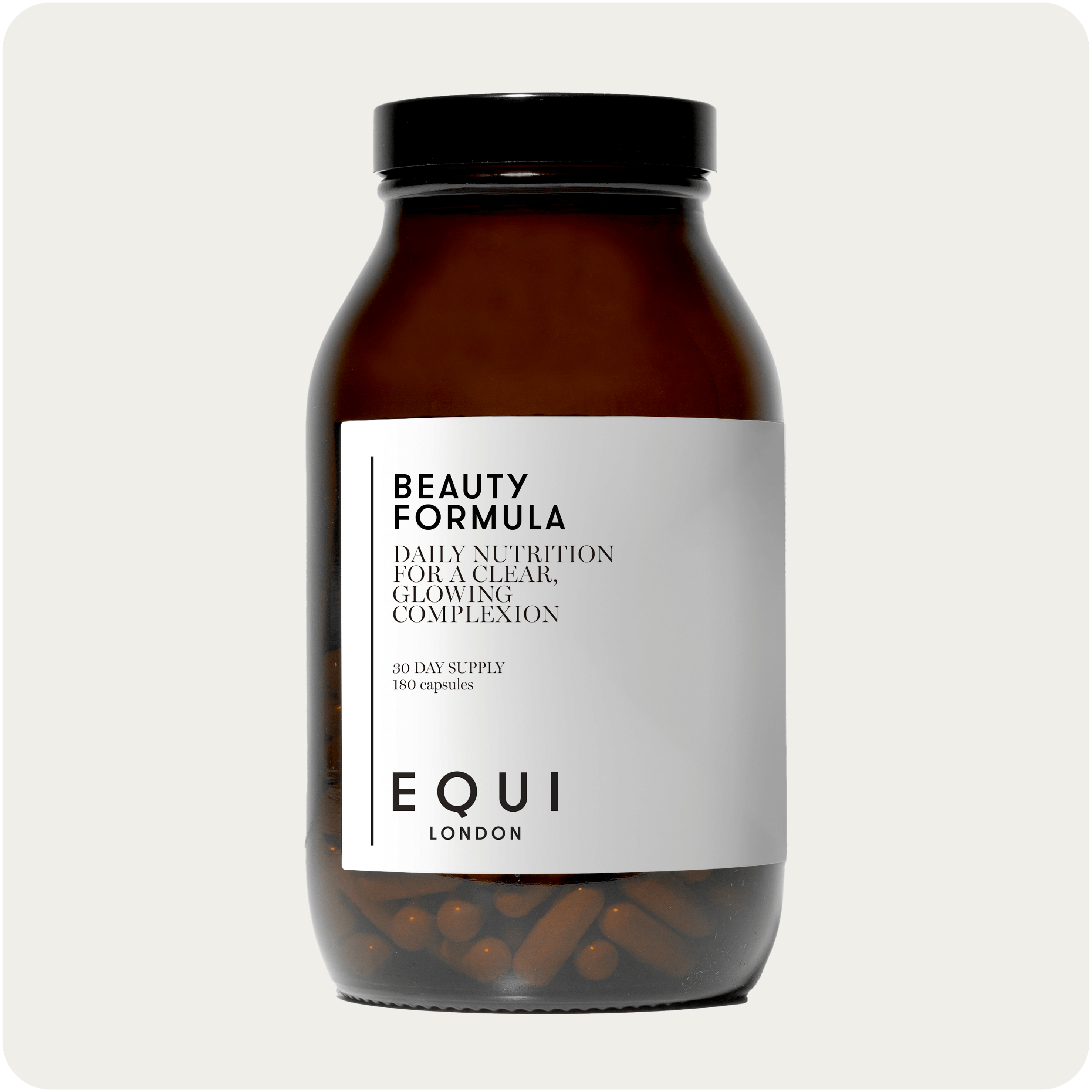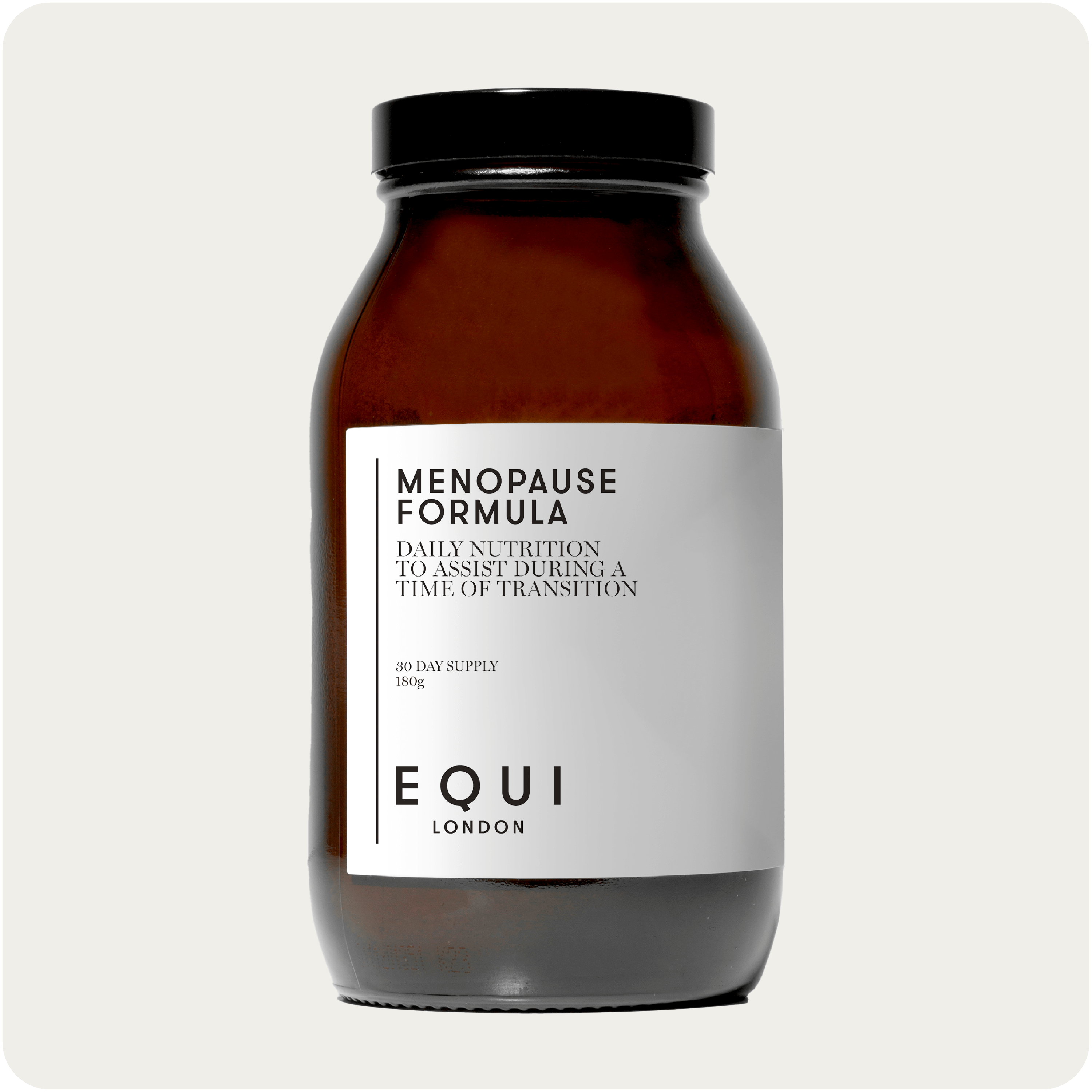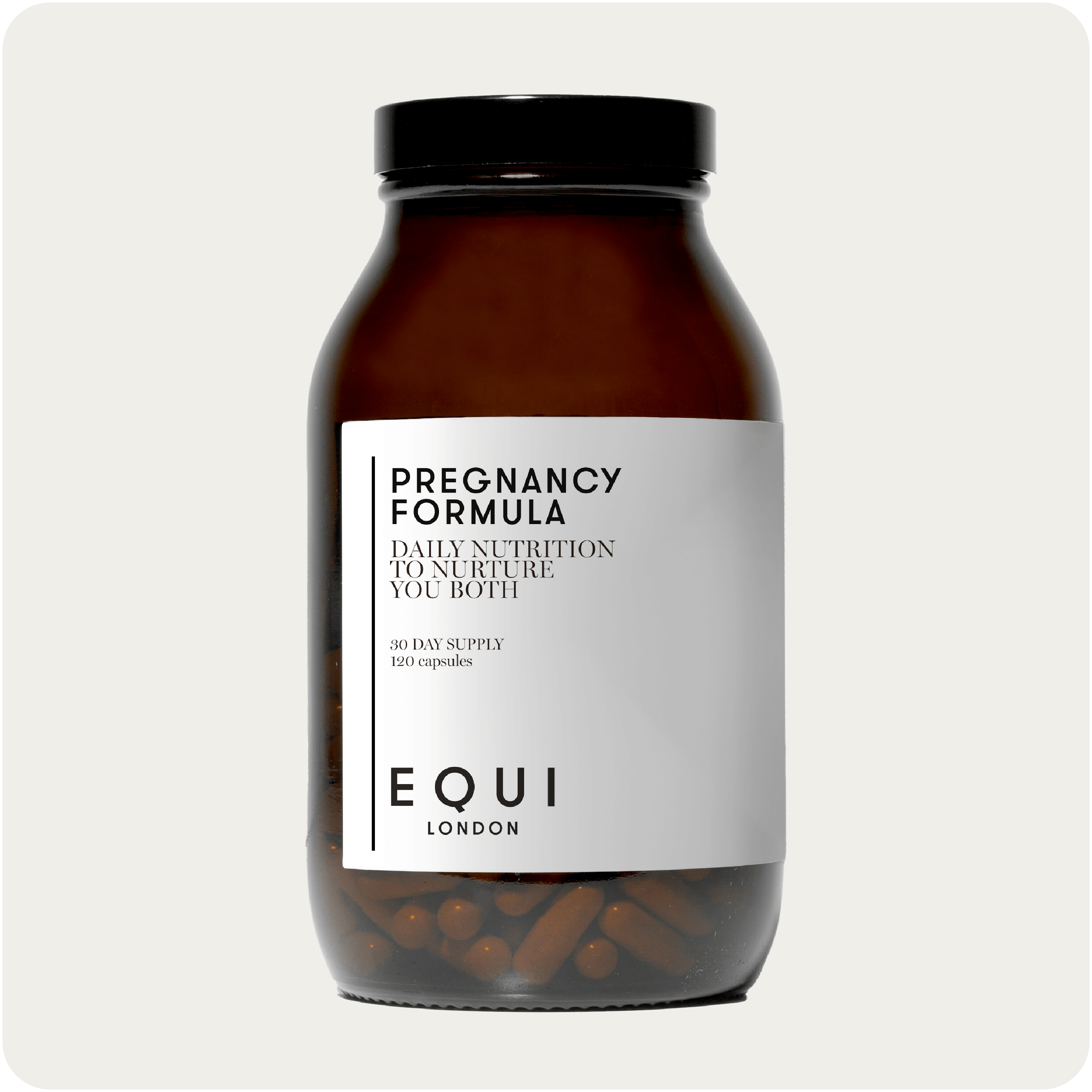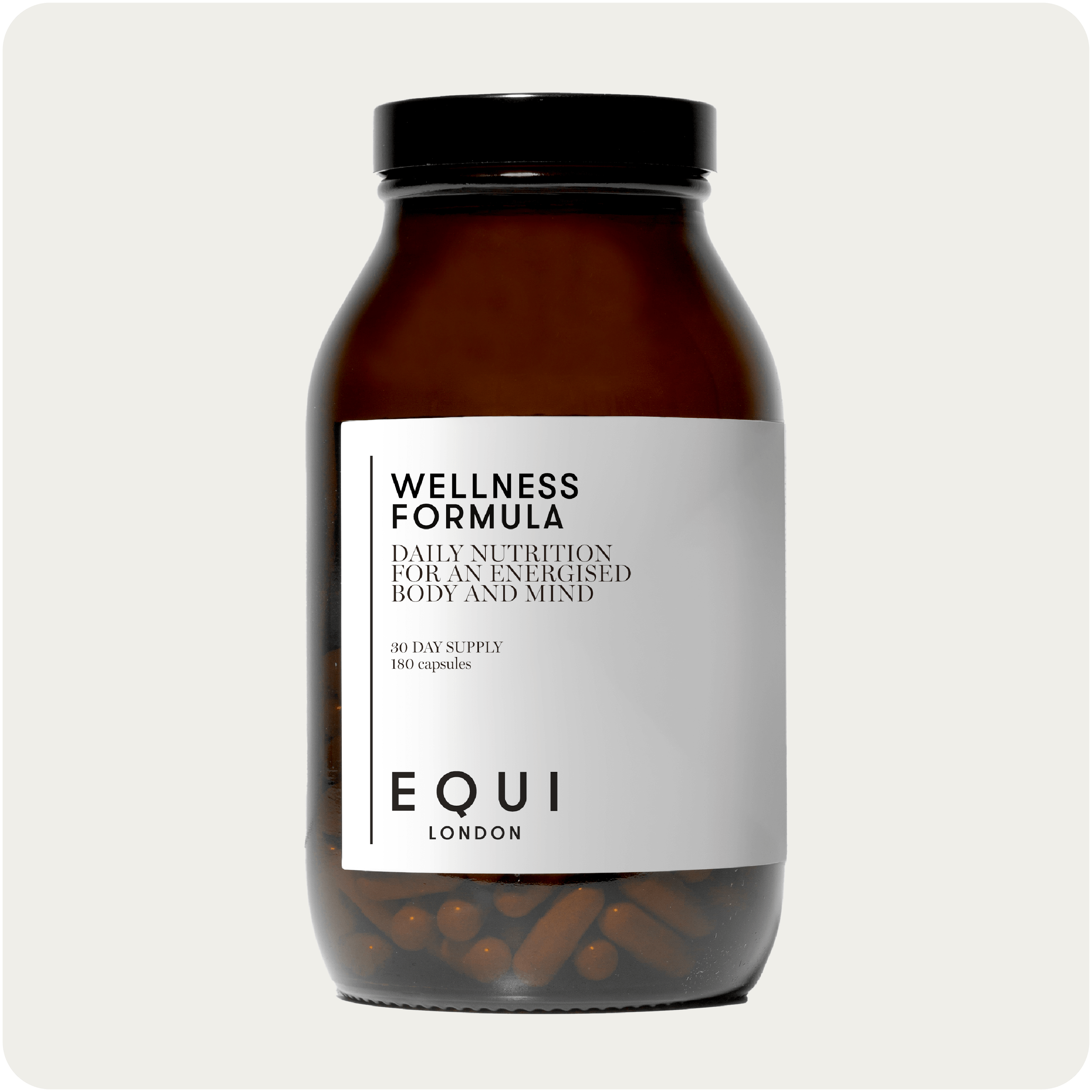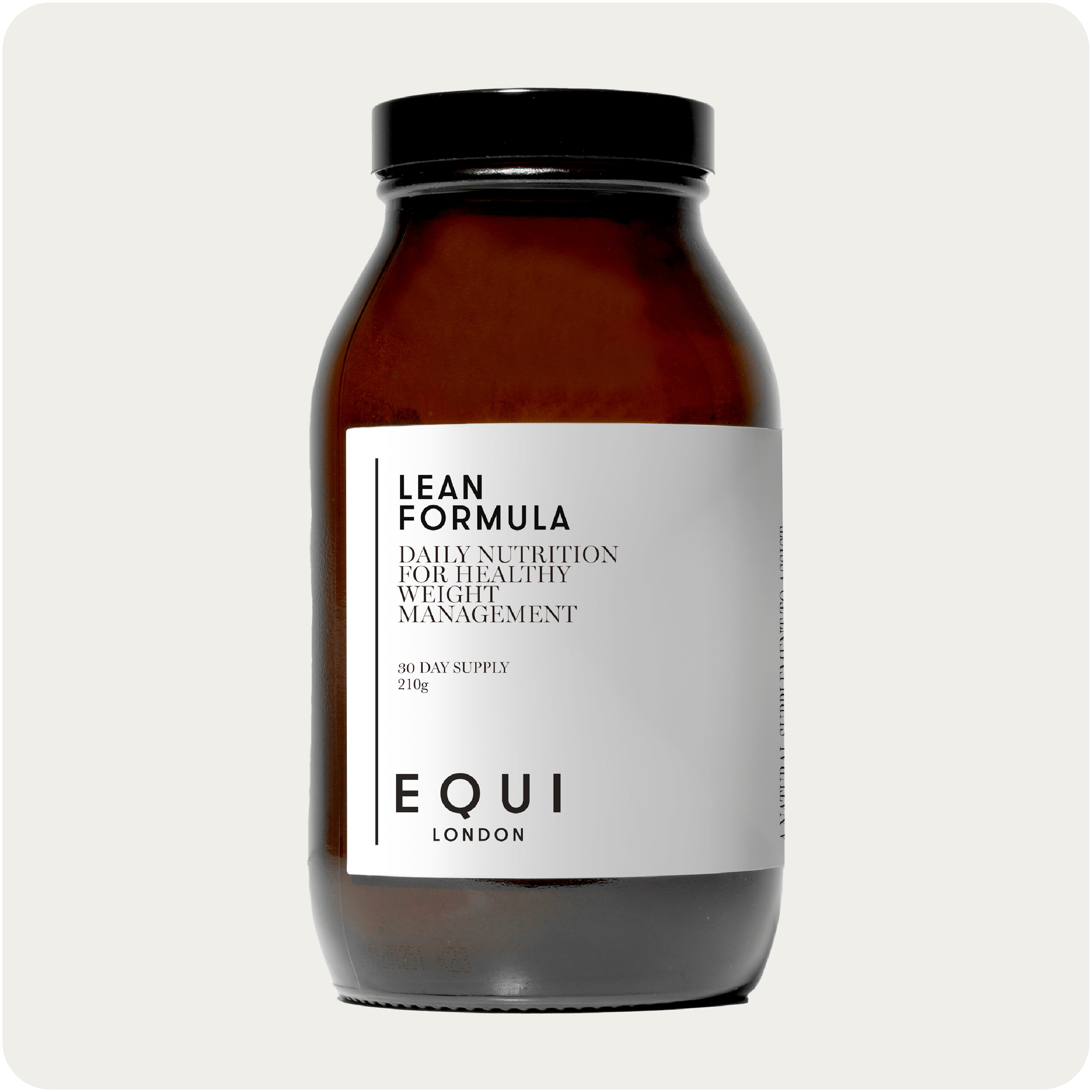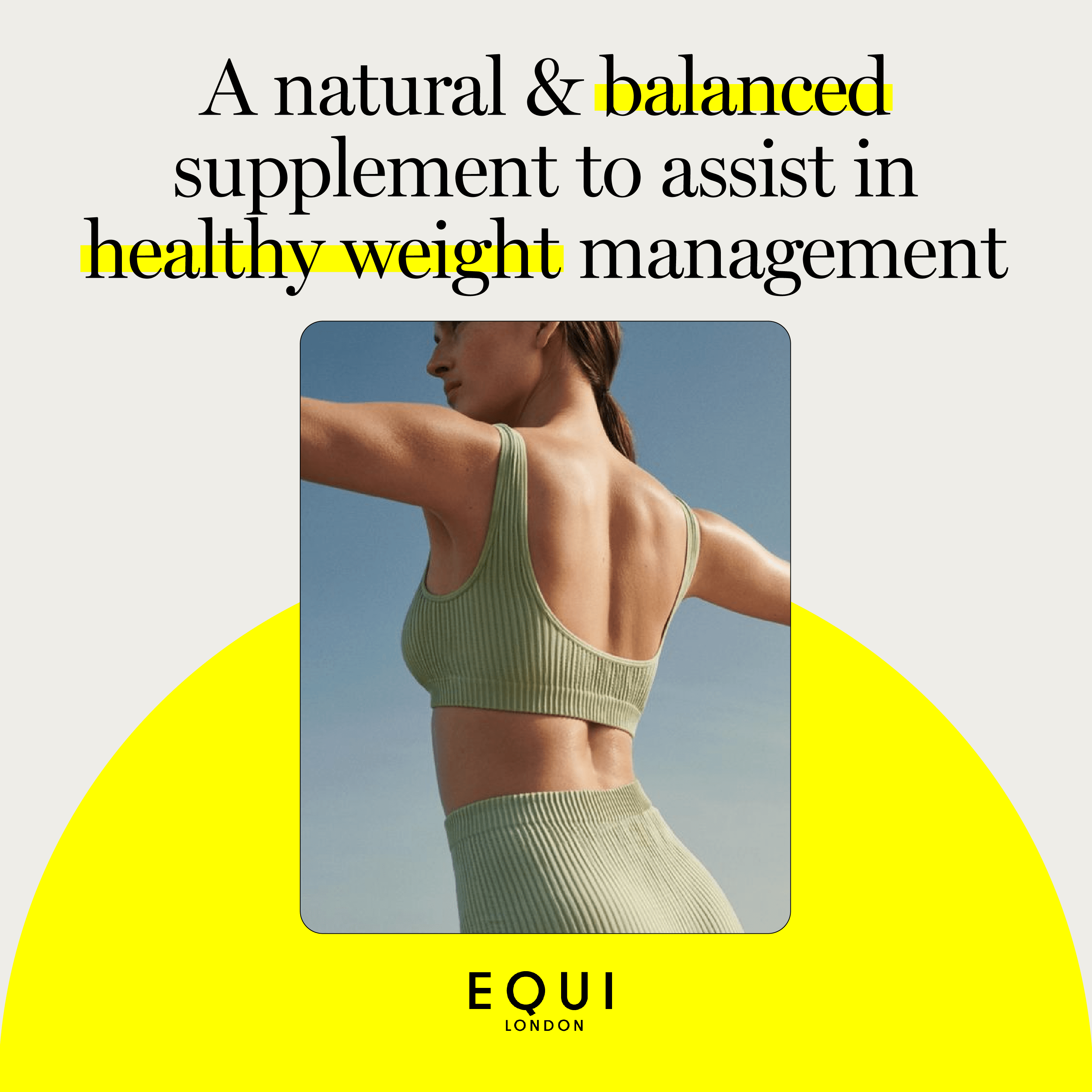
This week, in honour of Mental Health Awareness week, we wanted to outline some of the top foods to eat more of to help you manage your anxiety, stress, or low mood.
Though MHA week is always a good reminder to support our community and those suffering from mental illness, this year it seems even more timely. Under normal circumstances, 1 in 4 of us experience anxiety, and it would not be surprising to hear this number is higher during the current coronavirus pandemic, which is testing us in so many ways.
There are many reasons why anxiety and other mental health problems can develop, and given everyone is so different, it's difficult to pinpoint an exact cause. From a physiological point of view, stress, a lack of sleep, obesity/diabetes, poor gut health, nutrient deficiencies all seem to be contributing factors, amongst many other things.
The volume of research surrounding diet and mental health triggered one of our co-founders, Alice Mackintosh, to write a book about the subject, called The Happy Kitchen. This cookbook was backed up with over 100 pieces of high-quality scientific evidence on how food impacts our mood. Below we lifted some key foods that Alice and her co-author Rachel, who suffered from depression for many years, found may help with anxiety and stress. Though you can expect overnight changes, alongside eating a generally well balanced nutritious diet, they may just help take the edge off.
Butternut squash seeds
Often thrown away but really shouldn’t be as they are a nutritional goldmine for the mind! They are a source of tryptophan, which can converts into serotonin in the brain, boosting levels of our happy hormone. Scrape them out of the squash and roast them with a little oil for 15 minutes and then sprinkle over salads.
Spices such as turmeric and saffron
There is a lot of research going on into the impact of too much inflammation on the brain, as it seems that for some people this may play a part in their mental illness.This is one of the reasons why turmeric may be beneficial, as it's anti-inflammatory activity is well documented. Saffron is another one to try (though it is expensive and so better used sparingly) as some research has shown that it may even rival anti-anxiety meds, without any of the side effects. Seeing as even the smell of saffron may even uplift the spirits, you can add it to a tea, as we do in this easy chai tea recipe.
Walnuts
We always hear about salmon and other oily fish being important for the brain and they really are. But you can also get omega 3 fats from nuts and seeds. Walnuts are an especially good source, as are hemp seeds and flaxseeds. But don’t overheat them, as the omega 3 fats can be destroyed. You’re better off sprinkling onto salads, breakfasts, or whizzing up in a smoothie.Green leafy vegetables
These are naturally rich in magnesium, a nutrient that is essential for good mental health and especially important for those suffering from stress and anxiety. Magnesium can help to improve our resilience to stress by supporting the adrenal glands, which can be relied upon heavily for the average person living a fast-paced lifestyle – working hard, exercising and travelling... or under current circumstances, running around after children, whilst doing a full-time job, cleaning the house and cooking 10 meals a day!).
Oily fish
Oily fish such as mackerel, salmon, and anchovies are fantastic for the brain because it is rich in all-important omega 3 fatty acids. These are vital for the brain (which is made up of 60% fats) to help keep it communicating properly, as well as supporting the production of our neurotransmitters which govern everything from emotion, memory, and concentration.
Sweet potato
We love sweet potatoes, not only because they taste great and are good for skin, but also because they deliver calming nutrients magnesium and B6.
These are great if you feel stressed, tense, or anxious. B6, in particular, is needed to make gamma-aminobutyric acid (GABA) a calming neurotransmitter that can often be deficient in those suffering from anxiety.

Egg yolk
Many people choose to discard egg yolks with the worry that they contain too much fat, but actually they are a rich source of goodness for the brain. In particular, they contain choline, which helps to form a protective sheath over some of our nerves, helping the brain to communicate efficiently.
Sour cherries
Melatonin, our sleep hormone, peaks in the evening and overnight. A balanced diet and stress management can help to support adequate production of this, but and there are also a few foods that actually contain melatonin itself. Top of the list? Sour cherries and goji berries. Cherry cordials such as - Cherry Active are an easy way to get more of this, which you can try in the evening with dinner. You can also use dried sour cherries in deserts, but watch out for those covered in sugar!
Info is taken from The Happy Kitchen, Good Mood Food, by Alice Mackintosh and Rachel Kelly (Short Books Ltd).
Disclaimer: As with all articles on www.equilondon.com, this is no substitution for individual medical or nutritional advice.
